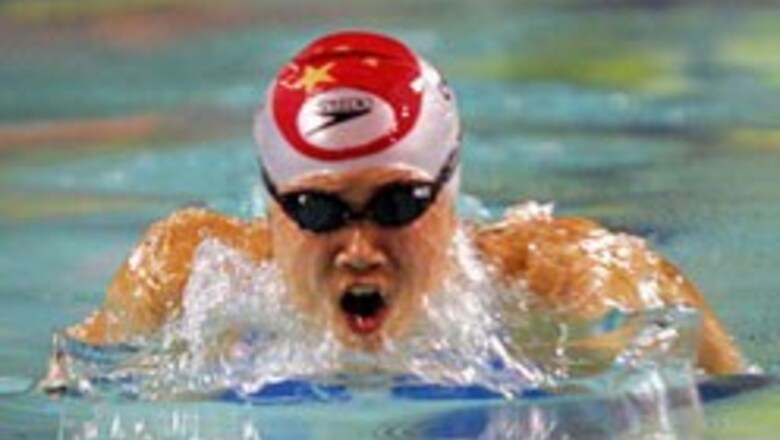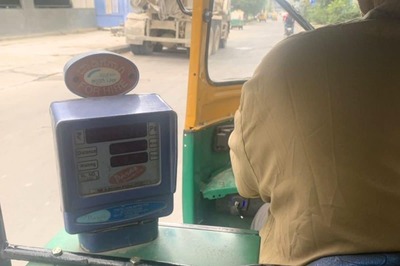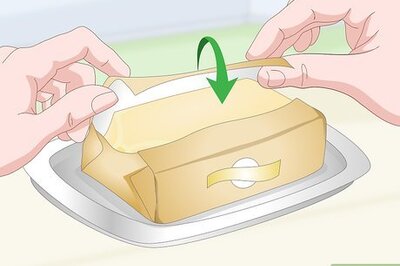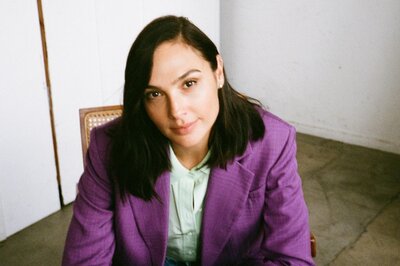
views
Doha: This is supposed to be an event and venue where China will showcase its swimming talent for the Beijing 2008 Olympics.
While dual Athens Olympic gold medalist Kosuke Kitajima has been a consistent presence in the international arena for Japan and Park Tae-hwan has emerged as an Olympic medal contender in the pool for South Korea, China's swimming programme has been content keeping a low profile on the world scene in recent seasons.
China won 20 swimming golds at the last Asian Games at Busan, South Korea in 2002, but none at the Pan-Pacific championships in August. They had been similarly shut out at last year's world championships in Montreal, where they earned just five medals, none of them gold.
At both of those meets, China didn't field its strongest team, causing some observers to speculate why China was keeping its top swimmers out of competition. The taint of the 1990s, when 32 Chinese swimmers were caught for doping offenses, still hangs over the programme.
But Chinese coaches have said they're gearing training toward Doha. And now that the Games have arrived, China has brought its best squad, with the notable exception of injured Olympic women's 100-meter breaststroke champion Luo Xuejuan.
Arriving in Doha this week, head coach Zhang Yadong said the team is raring to go for the swimming programme starting Saturday. "The athletes are feeling well and we are expecting good results," Zhang said.
China is strongest on the women's side, and Zhou Yafei hopes to continue her dominance of the 100 butterfly, an event she won in Busan and at last year's East AsianGames. Zhou broke the Asian record in the 100 at China's national trials in September and holds the Asian record in the 50 'fly.
''My goal, of course, is to defend the title,'' Zhou said. Qi Hui, winner in Busan of the 200 breaststroke and the 200- and 400-meter individual medleys, is also back for this edition of the Games. Yang Yu will seek to retain her 200 AsianGames freestyle title and Xu Yanwei her hold on the 50 free.
China will also expect big things from 14-year-old Wang Qun, who upset Luo at last year's East Asian Games. Among the returning men is 19-year-old Wu Peng, a three-time winner in 2002 and the world No. 2 in the 200 butterfly.
Others to watch include Chen Zuo, the 2002 winner in the 100 freestyle, and Zhang Lin, who is ranked seventh in the world in the 400 freestyle, just behind South Korea's Park.
Japan and China have traded the Games' lead in the pool on and off for almost two decades, with other nations making the occasional appearance on the top step of the podium.
This year, though, South Korea can rightfully hold out hopes for gold from 17-year-old Park, winner of the 400 and 1,500 freestyle titles at August's Pan-Pacific swimming championships.
And Park isn't holding back, entering the 100 and 200 freestyle races as well as his signature events to work on his speed. ''This is a challenge to get experience. I don't feel burdened to get another medal,'' Park said.
Kitajima, who won Athens golds in both the 100 and 200 breaststroke, has recently rebounded from injuries and a slump in form that had some questioning his commitment. He's said those struggles are behind him, recently telling Japanese media: ''The past is the past.''
The winner of the 100 and 200 breaststroke events four years ago at Busan, Kitajima will be joined in Doha by a trio of past AsianGames gold medalists, including Takashi Yamamoto, who was third in the 100 butterfly at the Pan Pacs.
Reiko Nakamura, who won the 200 backstroke in a Pan Pac record of 2 minutes, 8.86 seconds, and Yuko Nakanishi, second in the 200-meter butterfly, lead the way for the Japanese women.



















Comments
0 comment